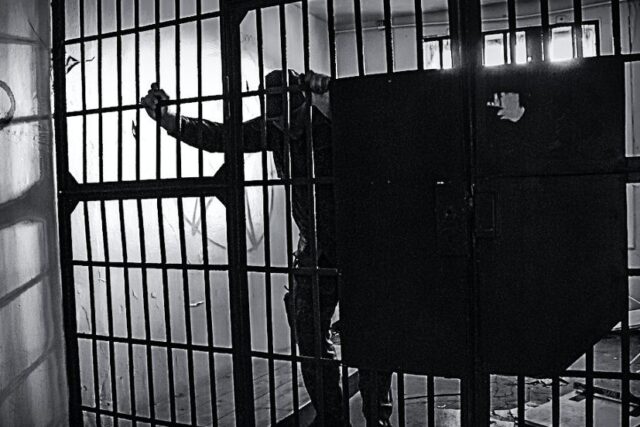It is a tragedy when a crime happens, and that tragedy is compounded if the wrong person is convicted. There are various causes of wrongful convictions, and many of them work in combination to put the wrong person or people in jail. This article takes a closer look at the most common cause of these convictions.
Eyewitness Misidentification
Our memory is highly fragile, imperfect, and malleable. Our recollection of people and events can be influenced by various factors, such as the trauma experienced when a crime happens. With the stress and trauma associated with crimes, it is not surprising that eyewitness identification can be highly erroneous.
Additionally, the photo arrays and lineups police use to help witnesses identify suspects can be highly suggestive, with the inability to correctly identify a suspect in such situations influenced by factors like racial bias.
Law enforcement officers can also influence a witness’ choice through their words, positive feedback, how they interact with the people in the lineup, and their body language.
Prosecutorial and Police Misconduct
The process of getting a conviction in criminal cases can be long and convoluted, including different stages where misconduct can happen. This starts at the identification stage where police can influence witnesses. They can coerce witnesses to identify a specific suspect or a suspect to confess, fabricate evidence and even use interrogation techniques that lead to false confessions.
At trials, prosecutors can hide important evidence or even introduce false testimony.
Those who have been convicted wrongly due to prosecutorial or police evidence have some options as they can talk to a wrongful convictions attorney to explain their case and circumstances. The attorney can look at the evidence, case, testimonies, and circumstances of the case to determine where a person was convicted wrongly.
False Confessions
False confessions factor in up to 1 in every 8 convictions. There are many reasons and different ways false confessions come about. The most common is improper interrogation techniques that include false promises, coercion, and even psychological manipulation.
False promises and assurances are a huge factor, especially in people with distress who just want the interrogation to end or to go home. Increasing pressure can make people break after long confessions, which is another tactic used to obtain such confessions.
False, Misleading, and Misinterpreted Forensic Evidence
Forensic evidence, including DNA, microscopic hair comparisons, and bite mark analysis, have been used for a long time as evidence in criminal cases. The issue is that many of the techniques used have not been scrutinized enough.
Even in cases where the science is solid, some experts misinterpret readings and results to give their analysis a slant one way or the other. Finally, forensic experts can and do make mistakes occasionally. The erroneous findings resulting from such mistakes can lead to wrongful convictions.
Witness Perjury
Perjury is defined as providing a false witness account in a court under oath. Perjury or false accusations account for a significant number of court cases. Witnesses typically perjure themselves because they stand to benefit from the defendant’s conviction.
Wrongful convictions are devastating, especially for people who end up facing long prison sentences. Understanding why they happen can help find ways to stop them from happening and to even demand reforms that eliminate them.



Lastest Posts
Lifestyle
Big Game Hunting in The Iberian Mountains: Must-Visit Destinations for Hunters
Education
How machine translation is changing the industry: When to use it and when to avoid it?
Health
EEG Analysis: Technology Connecting the Brain to the Future
Marketing
Advancements in Solar Panel Technology: Illuminating the Path to a Sustainable Future
Lifestyle
How to Build a Capsule Wardrobe: Essentials for Every Man
Lifestyle
Women in the Catholic Church: Roles, Recognition, and Calls for Change
Marketing
Experiential Marketing for Brands: Crafting Unforgettable Consumer Connections